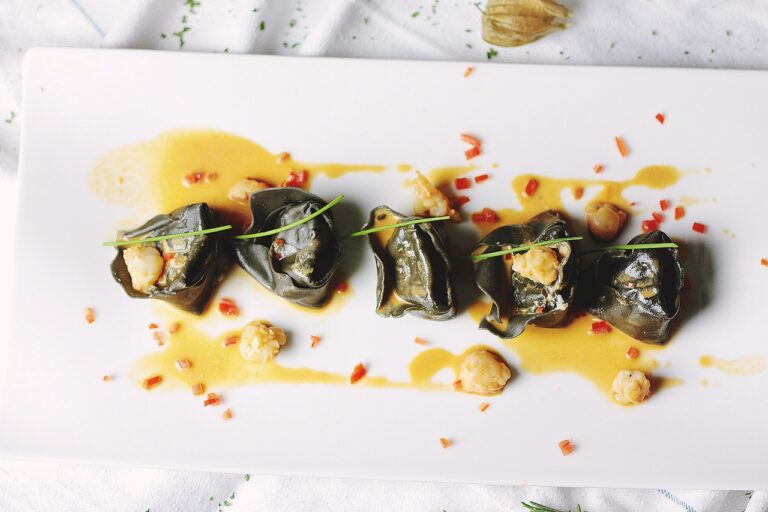Trends in Institutional Catering Services: Diamond exchange 9, Sky99exch, Reddybook
diamond exchange 9, sky99exch, reddybook: Institutional catering services have undergone significant changes in recent years, adapting to evolving customer needs and preferences. From schools and hospitals to corporate offices and event venues, institutions rely on catering services to provide nutritious and delicious meals to their staff, students, patients, or guests. As the demand for high-quality institutional catering continues to grow, it’s essential to stay abreast of the latest trends shaping this industry.
Healthy Menus
One of the most prominent trends in institutional catering services is the focus on healthy and nutritious menus. Customers are increasingly concerned about their health and well-being, and they expect catering services to offer a variety of wholesome options. From plant-based meals and gluten-free dishes to low-sugar snacks and organic ingredients, institutions are incorporating healthier choices into their menus to meet the demands of their clientele. Caterers that prioritize health and wellness are well-positioned to attract and retain customers who value nutritious meals.
Customization Options
Another trend in institutional catering services is the rise of customization options. Customers are looking for caterers that can tailor menus to meet their specific dietary requirements, preferences, and budget constraints. Whether it’s accommodating food allergies, offering personalized meal plans, or creating themed menus for special events, institutions are seeking caterers who can provide customized solutions. The ability to adapt to individual needs and preferences sets catering services apart in a competitive industry and allows them to forge lasting relationships with their customers.
Sustainability and Local Sourcing
Institutional catering services are also embracing sustainability and local sourcing as key trends in the industry. Customers are increasingly mindful of the environmental impact of their food choices and are seeking caterers that prioritize sustainability practices. From using biodegradable packaging and reducing food waste to sourcing ingredients from local farmers and suppliers, institutions are incorporating eco-friendly practices into their catering services. Caterers that prioritize sustainability and support local communities are well-positioned to appeal to environmentally-conscious customers and differentiate themselves in the market.
Technology Integration
The integration of technology is another significant trend shaping institutional catering services. From online ordering platforms and mobile apps to digital menu displays and automated inventory management systems, technology is revolutionizing the way caterers interact with their customers and streamline their operations. Institutions are looking for catering services that can offer seamless online ordering, convenient payment options, and real-time updates on their orders. Caterers that leverage technology to enhance customer experience and improve efficiency are at an advantage in a rapidly changing industry.
Food Safety and Quality Assurance
Food safety and quality assurance are top priorities for institutional catering services, especially in light of the COVID-19 pandemic. Customers are more concerned than ever about the safety and hygiene practices of catering services, and institutions are prioritizing measures to ensure the cleanliness and sanitation of their food preparation and delivery processes. From implementing strict hygiene protocols and conducting regular quality control checks to training staff on food safety best practices, caterers are taking proactive steps to instill confidence in their customers and uphold high standards of food safety.
Diverse and Inclusive Menus
In response to the growing diversity of customers and their dietary preferences, institutional catering services are expanding their menus to offer a wider range of options. Customers are looking for caterers that can accommodate diverse tastes, cultural traditions, and dietary restrictions, and institutions are responding by offering inclusive menus that appeal to a broad audience. From international cuisines and fusion dishes to allergen-free alternatives and customizable meal plans, caterers are diversifying their menus to cater to the changing needs of their customers. By providing a variety of options that reflect the diversity of their clientele, catering services can attract a wider customer base and foster inclusivity in their offerings.
FAQs
Q: How can institutions find the right catering service for their needs?
A: Institutions should consider their specific requirements, such as budget, dietary preferences, and service offerings, when selecting a catering service. It’s important to research potential caterers, read reviews, and ask for references to ensure they can meet the institution’s needs.
Q: What are some tips for ensuring food safety in institutional catering?
A: Caterers should follow strict hygiene protocols, train staff on food safety best practices, conduct regular quality control checks, and use proper storage and handling procedures to ensure food safety in institutional catering.
Q: How can catering services stay competitive in the industry?
A: Caterers can stay competitive by offering healthy menus, customization options, sustainable practices, technology integration, diverse and inclusive menus, and high standards of food safety and quality assurance. By adapting to evolving customer needs and trends, catering services can differentiate themselves in a competitive industry.







